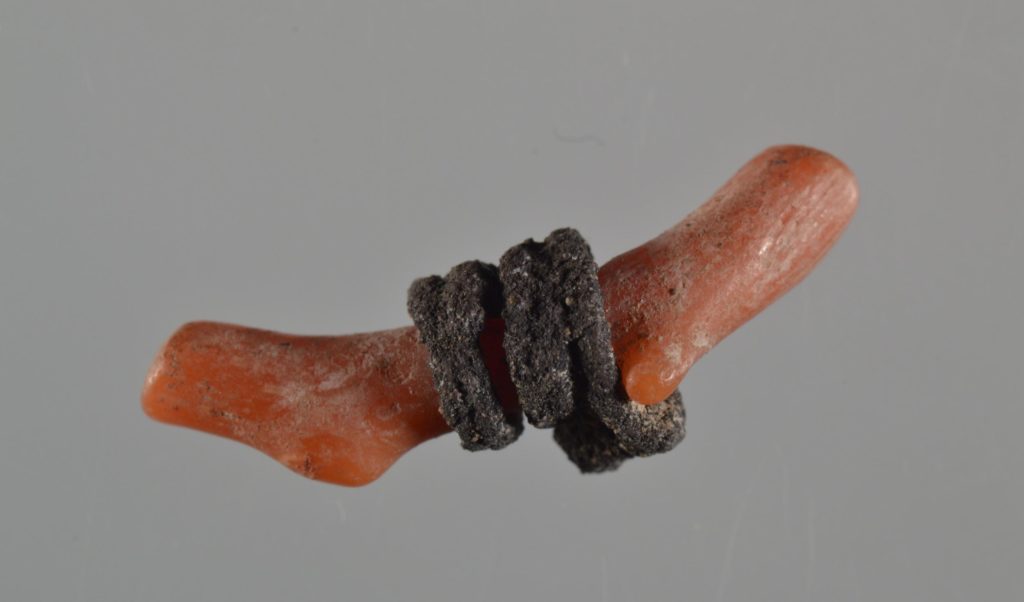The Wanderer
Still clear from its very first shout, ‘Thalatta! Thalatta!’ is the clamour every wave brings, 10, 000 voices arched into one, shaking the mountain clouds down to mist, power they sing, spitting salt into flames, to outlast the memory of those who toiled with the mongoose and snake, never to sit like a colossal Memnon as his songs turn into brass croaks, language reentering the guttural cave before the first spark of flint. I can tell you this, boy, history is that rusty anchor holding no ship in the bay; it’s mineral, natural as colonies of polyps in the reef. I am no paragon of science; I am a drifter, a sea-swift some poet once used to make a crest in Time. Thunder rifts the grain of his epochs, spinning Cortés from quartz, repeating Pizarros along with all the names that depopulated the trees of parrots and stuck a yellow disease in the sand. There the steel fronds of unsheathed Christianity speared the souls of the arrowroot and wild maize and erected bells rid the clanging shells of their healing. The chattering beads went silent, the porous rocks choked in the ceremonial basin, the earth absorbed the goat’s blood (same blood that gave the soil around these parts its colour.) You cannot trust the sea. But it’s good to arrive in such a peaceful harbour. How lucky you are to sit ignorant of which Caesar roams this century. All our heroes are asleep in that aqua-grave, they will not drift like Xenophon’s army to shore, and change their cry to Triana’s ‘Tierra! Tierra!’ Light; land: substance. Both cries have congealed into one coral wreath in my ears. I hear them everywhere I go.
Reading late: Anabasis
You read the ripples of their sandals and armours dragged in dust, the anagram of crows following them, the air, sick-riveted, pitched down in night's large territory, near a highway trucks rumbled like tankers off to war, breath riding upon water, condensing time — night the sun's drop into ashes. You looked up and saw barbarians gathering, you heard their organs and the stars when they shouted: Sea! Sea! at the dark coastline, regiment after regiment, entered. So you pulled the cord on the light, to wade the sepia sheets, trouble on the road, forever the bonfire raging in the skull and bones: there is nothing strictly immortall, but immortality.
The Anabasis of Godspeed
I.
Now these were the embarkations they made to the holy places of egypt sinai
palestine and syria in the years of furies 1916–17 unto the last 1918. Godspeed
under the schoolyard’s cherry tree scrawled his anabasis marred by dust and the red
smell of the sea.
II.
Disembarked for alexandria shuck camp and enchained at moascar and proceeded to el ferdan where it dechained and proceeded to reduit camp where it encamped and took over duties and post defenses in the sun.
III.
And was shuck off the strength accordingly. england. Heavy-clouded. That was the month of
the death of the late Field Marshal Right Honourable H. H. Earl Kitchener of
Khartoum K.G. G.C.B. O.M. G.C.S.I. G.C.M.G. G.C.I.E. Colonel Commandant
Royal Engineers Colonel Irish Guards Secretary of State for war that for a period
of one week officers of the army shall wear mourning with their uniforms on this
melancholy occasion. The boy wiped cherry on his lionized shirt in bad faith.
IV.
Section drill and extended order drill and artillery drill and artillery formation and attack
formations and the training of runners and observers and scouts and musketry and
embodying fire control and discipline and description and recognition of targets and
visual training and judging distance and instructions in Lewis gun work and bomb-
ing and rifle grenades and bayonet fighting and rapid firing and intensive digging
and hangar construction. These were their school of instructions for the new year.
V.
Easterly to the sea.
Waters of prophets at their feet after trampling the fragile roads of reeds over el burn.
They dipped and one was lost to save the life of a comrade. Afterward the body of 5640
Pte. G. C. Sealey “D” boy found on the beach and buried in a small orchard south of
the waters of prophets.
The battalion less one company moved to their new camp along the cliffs on the seashore and
proceeded to dig dugouts.
VI.
Easterly in the heavy lands of the sinai desert and proceeded to deir el belah to guard over prisoners of war which was biblical with grief. They were burying wires for artil- lery at queens hill and they were shelled off their work. Godspeed wrote and knew the hell-ravaging pantomime cannot be rehearsed. The silvered sea appeared to be one vast coffin.
VII.
And it was at this time a gift of locks from the ladies of barbados was presented to the commanding officer to the men of the battalion and a gift of tobacco and cigarettes from the leeward islands was presented to the men of the battalion by the com- manding officer who did not understand why the men of the battalion wept over such sour goods. The battalion moved from ballah to dueidar to kantara and there by light rail to gilban. Marched from gilban to dueidar leaving “A” and “C” boys at hill 70 and enchained for suez to embark for basra to mesopotamia to join the dead already there.

The British Museum.
